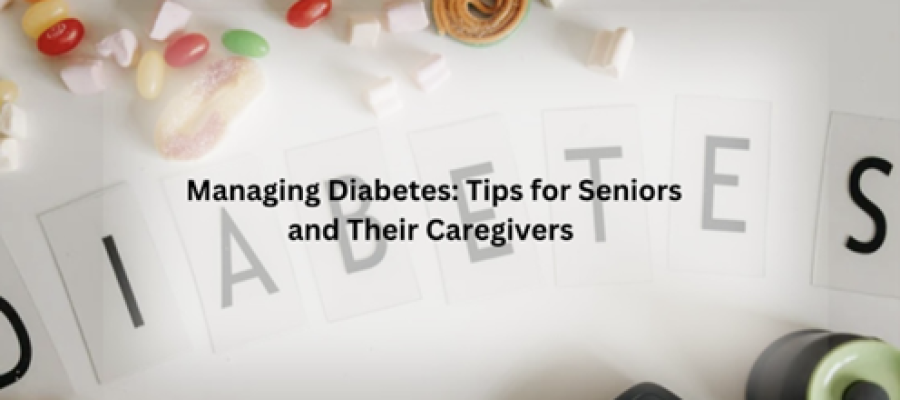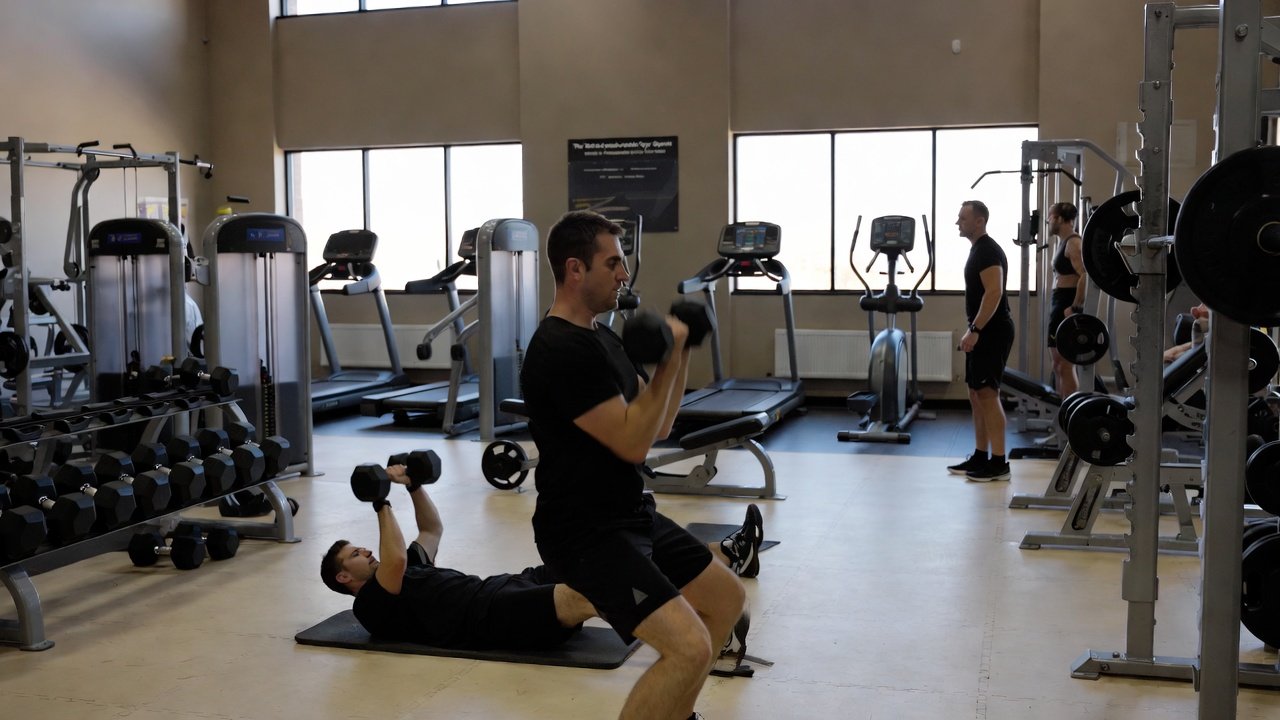Introduction
Diabetes is a common condition influencing millions around the world, especially among seniors. As the populace ages, effective administration methodologies are becoming a necessity. For seniors and their caregivers, exploring the intricacies of diabetes can be overwhelming, yet with the right approach, it can be managed well. One essential part of diabetes management is a thoroughly examined meal plan for diabetes, custom-fitted to individual requirements and inclinations.
Understanding Diabetes
Before digging into meal plans and management techniques, getting a handle on the nuts and bolts of diabetes is fundamental. Diabetes is a metabolic problem portrayed by high glucose levels coming about because of insufficient insulin creation or the body’s failure to successfully utilize insulin. Type 2 diabetes, the most well-known form among seniors, is often connected to way of life factors like eating routine, exercise, and weight.
Importance of Meal Planning
A well-planned meal plan is the foundation of diabetes management. For seniors, particularly those with restricted mobility or cognitive decline, sticking to an organized eating routine can be a challenge. However, a carefully created meal plan can simplify food choices, advance better dietary patterns, and balance out glucose levels.
Tips for Making a Meal Plan
1. Talk with a Medical services Supplier
Before leaving on any dietary changes, seniors ought to talk with their medical services supplier or an enrolled dietitian. These professionals can give customized proposals in light of individual well-being status, prescription routine, and dietary requirements.
2. Center around Supplement Thick Foods
A decent meal plan for diabetes ought to stress nutrient-rich foods like fruits, vegetables, whole grains, lean proteins, and good fats. These foods give fundamental nutrients, minerals, and fiber while limiting added sugars and undesirable fats.
3. Screen Sugar Admission
Starches altogether affect glucose levels. Seniors ought to be aware of their sugar consumption and choose complex carbs with a lower glycemic record, like whole grains, vegetables, and fresh vegetables.
4. Control Portion Sizes
Overeating, even healthy foods, can prompt spikes in glucose levels. Seniors and their caregivers ought to focus on segment sizes and use estimating cups or viewable prompts to measure fitting serving sizes.
5. Incorporate Protein with Each Meal
Protein settles glucose levels and advances satiety. Integrating lean protein sources like poultry, fish, tofu, and vegetables into every meal can help seniors feel full and fulfilled while keeping up with stable energy levels.
6. Limit Added Sugars and Processed Foods
Processed foods and sweet bites can wreak havoc on glucose control. Seniors ought to expect to limit their admission of sweet refreshments, pastries, and bundled snacks high in refined starches.
7. Remain Hydrated
Adequate hydration is vital for general well-being and healthy glucose levels. Seniors ought to intend to drink a lot of water over the day and breakpoint utilization of sweet beverages and liquor.
Meal Planning Tools and Resources
In addition to these tips, a few tools and resources can help seniors and caregivers in making and carrying out a meal plan for diabetes:
1. Food Journals
Keeping a food diary can assist seniors with following their day-to-day consumption, recognizing examples, and making changes depending on the situation.
2. Meal Planning Applications
There are various cell phone applications accessible that offer meal planning formats, recipe thoughts, and nourishing information customized to diabetes executives.
3. Cookbooks and Online Recipes
Various cookbooks and online resources give diabetic-accommodating recipes and meal thoughts appropriate for seniors with various dietary inclinations and limitations.
4. Local area Care Groups
Joining a diabetes support group or online local area can give seniors and caregivers consolation, inspiration, and pragmatic tips for managing diabetes through meal planning and other ways of life changes.
Conclusion
Managing diabetes as a senior can be testing; however, with a proactive methodology and backing from caregivers, it’s very much doable. By focusing on an even meal plan customized to individual necessities and inclinations, seniors can more readily control their glucose levels, lessen the gamble of intricacies, and work on general personal satisfaction. Keep in mind that consistency and control are critical, and little changes can prompt huge upgrades in managing diabetes for seniors and their caregivers. In this excursion, associations like Loving Home Care Inc. can give priceless help, guaranteeing seniors get the consideration and backing they need to flourish.
Please review our business on Google Yelp Facebook
Please visit our Member’s Area to access our subscribed content to learn more.
Did you know you can work out and exercise with a trainer at your home, office, hotel room, or anywhere in the world with online personal training?
Like us on Facebook/Connect with us on LinkedIn/Follow us on X
Pinterest/Instagram/YouTube/TikTok
Make sure to forward this to friends and followers!






